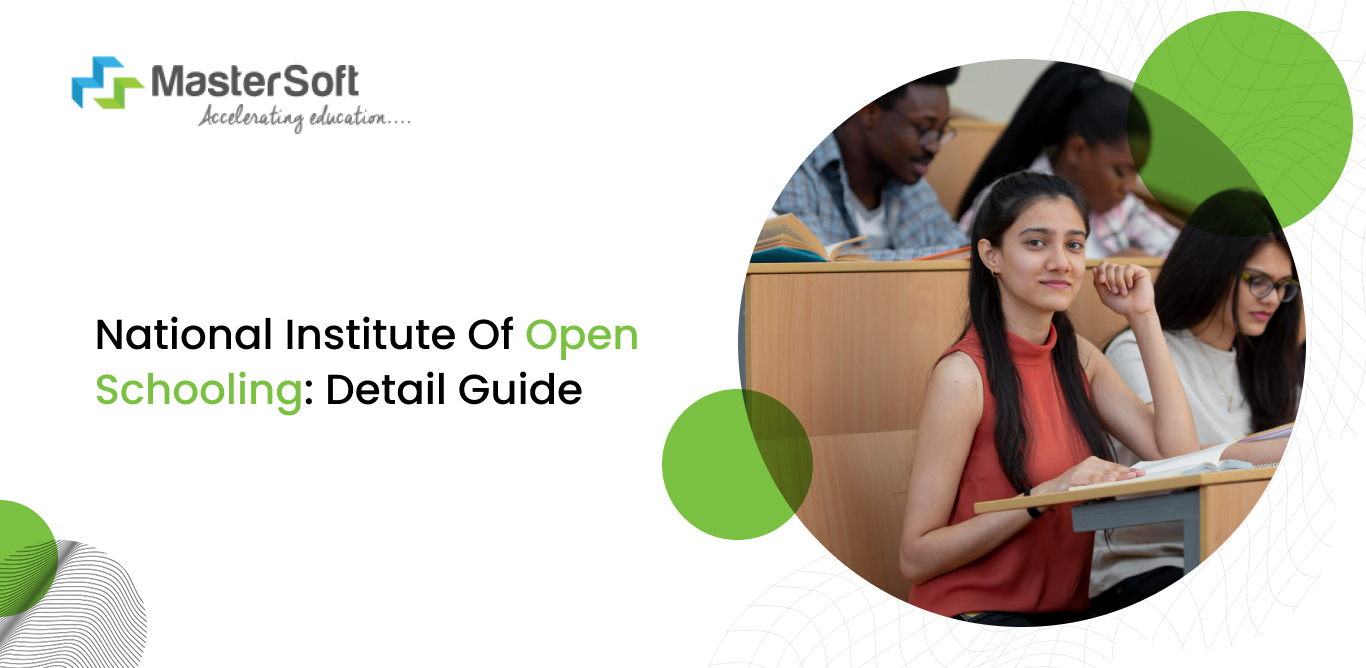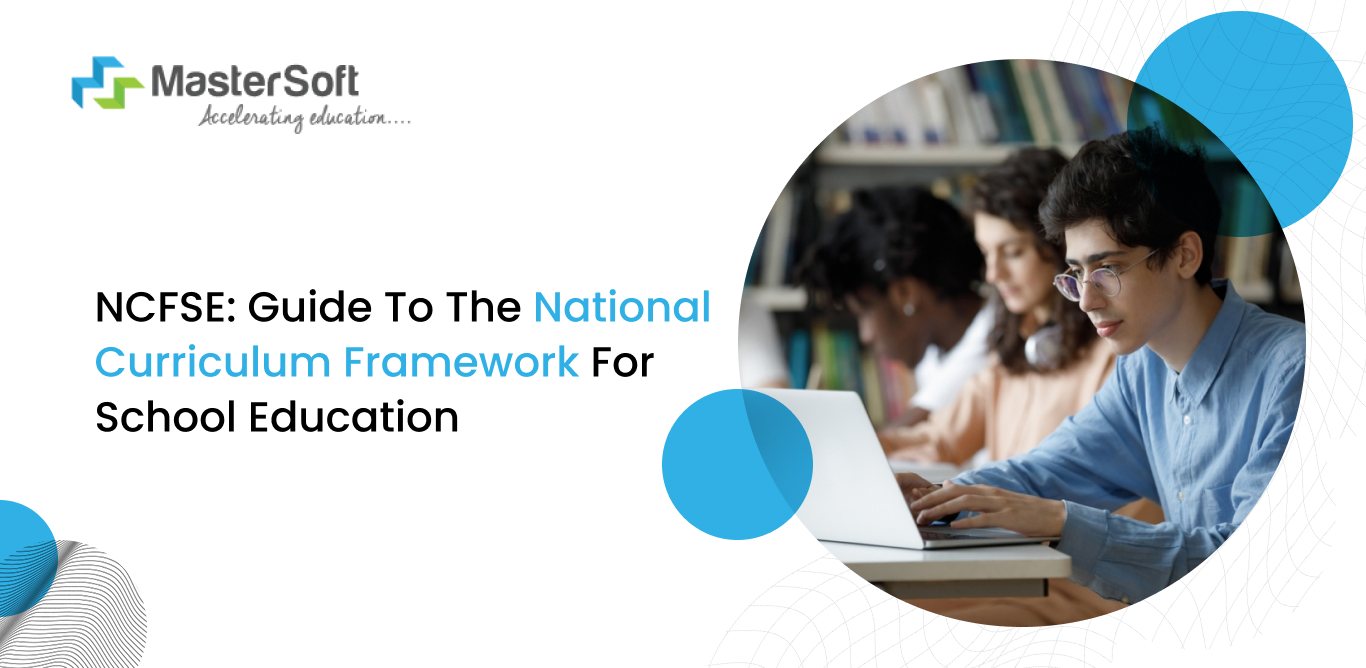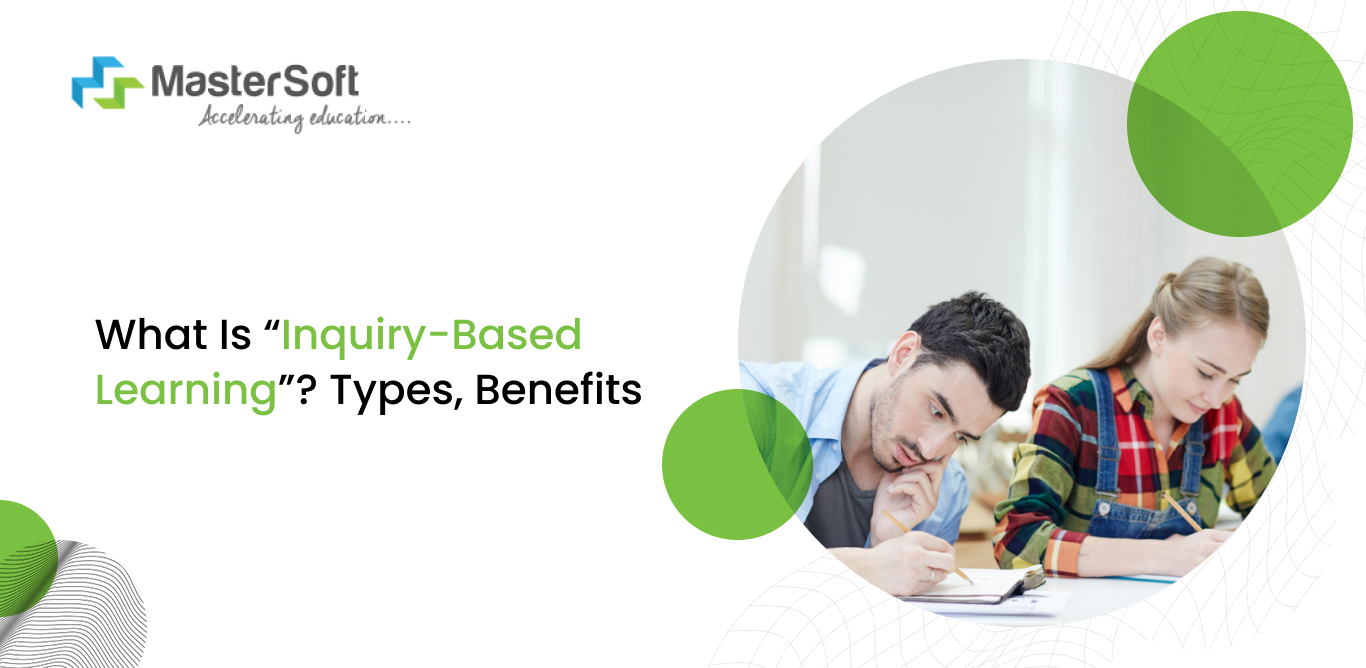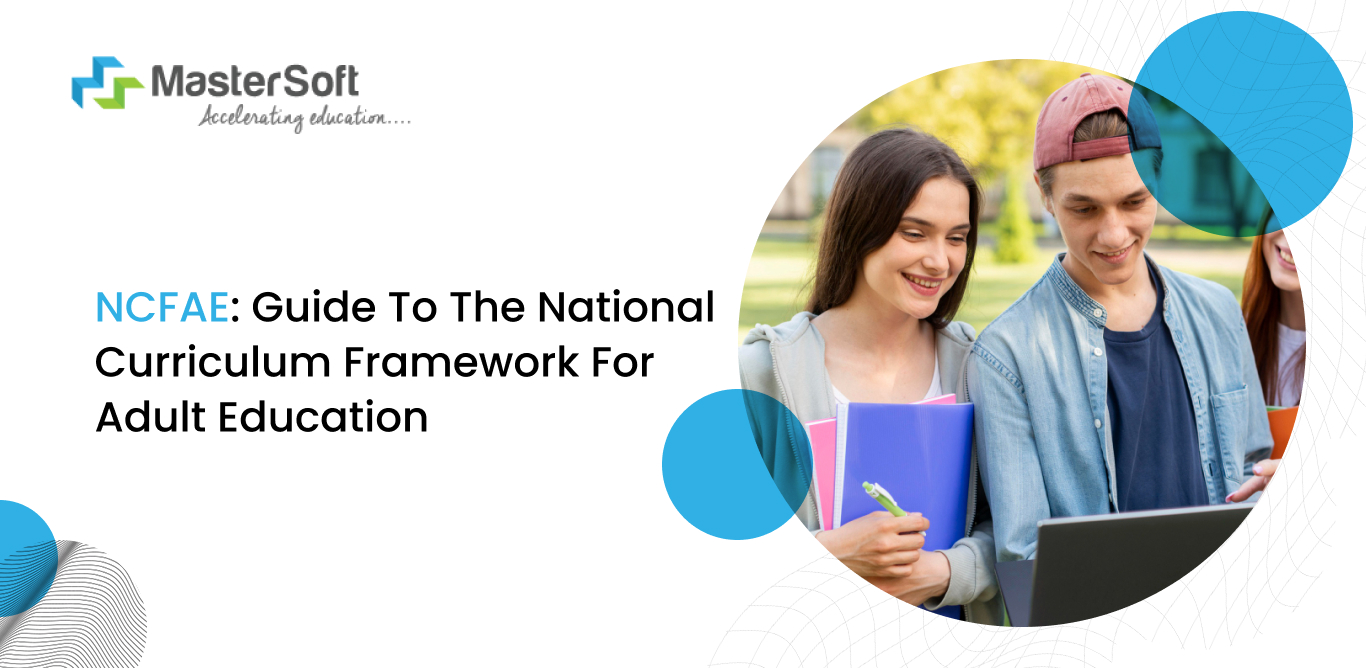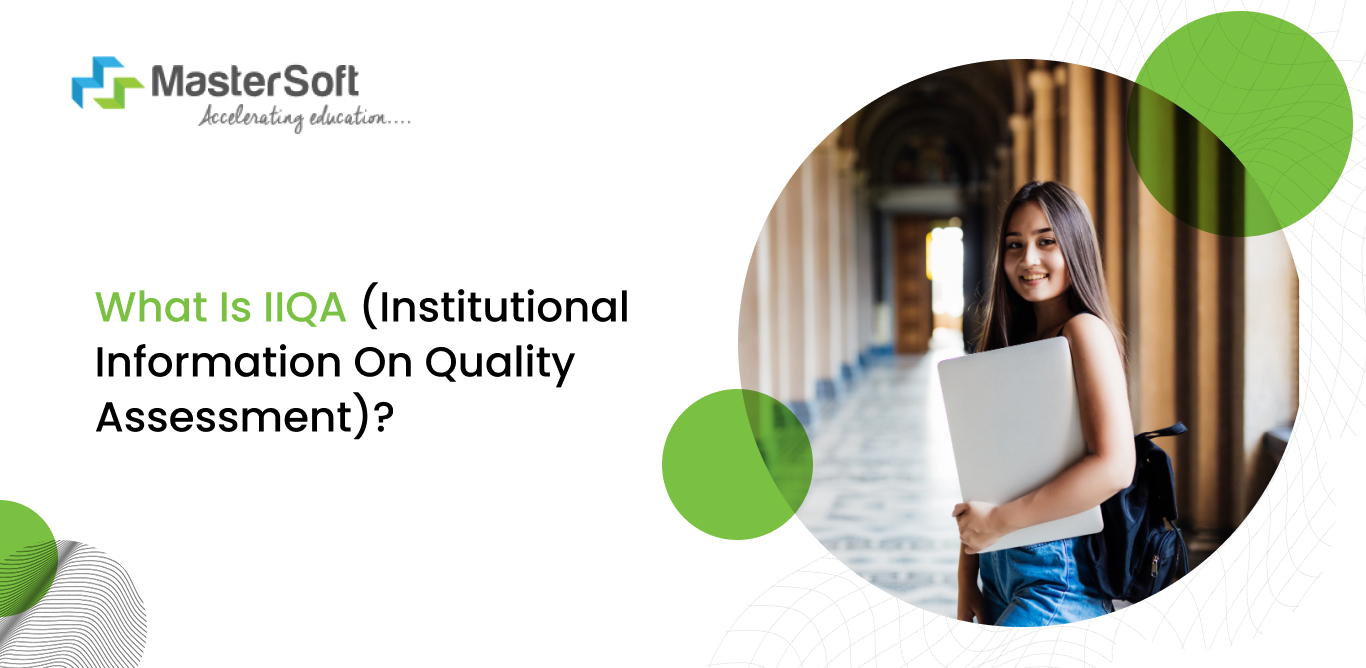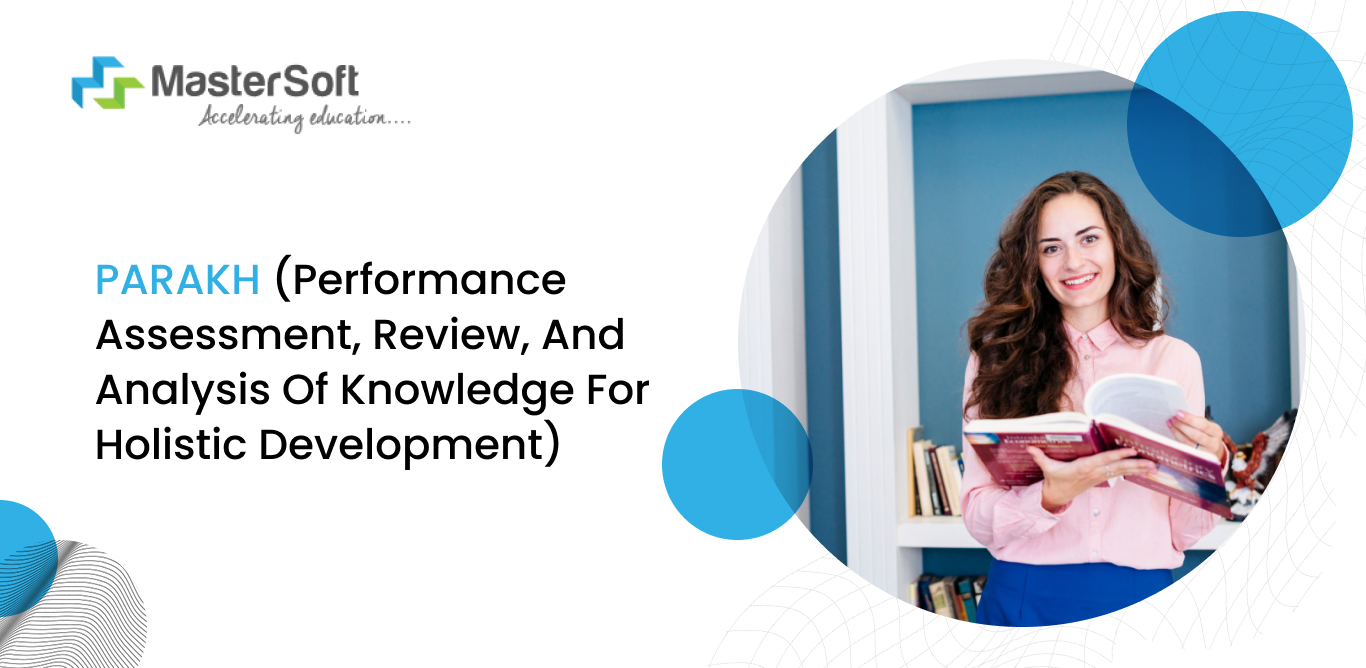09, Sept 2024
Discontinuing education during or after middle school or being unable to complete higher secondary due to unavoidable circumstances is a major issue for many people. Inadequate qualifications hinder their growth due to limited skill sets and knowledge and slow career progression.
That is where the National Institute of Open Schooling makes a considerable difference by providing a platform for students to access quality education, regardless of their age. Furthermore, it provides a flexible learning model in terms of choice of subjects, learning pace, and transfer of credits.
What is the National Institute for Open Schooling?
The National Institute of Open Schooling is a national-level board of education that facilitates open and distance learning courses and programs (ODL). The Government of India's Ministry of Education (MOE) established the organisation in 1989, which was formerly known as NOS (National Open School).
The institute provides various education programs, including elementary-level courses such as Open Basic Education Programmes (OBE). Students who had to abandon their academics midway can opt for general and academic courses at the secondary and senior secondary levels.
What’s more is that students can also choose from a wide variety of vocational, life enrichment, and community-oriented courses. Some of these courses are six months to one year or two months and specialise in areas such as:
- Agriculture and Animal Husbandry
- Health and Wellness
- Food and Nutrition
- Fashion and Apparel
- Information Technology
NIOS Course Structure
- Open Basic Education Programme
- OBE ‘A’ Level Course (Equivalent to Class 3)
- OBE ‘B’ Level Course (Equivalent to Class 5)
- OBE ‘C’ Level Course (Equivalent to Class 8)
- Secondary Course (Equivalent to Classes 9 and 10)
- Senior Secondary Course (Equivalent to Classes 11 and 12)
- Vocational Courses
- Life enrichment programmes
- D.ELED Programmes
Student Management Systems: Trends and Predictions for the Next Decade
Who can enroll in NIOS courses?
One of the most notable aspects of the NIOS courses is that there is no upper age limit for enrolment, allowing learners to take admission as per their interest or requirement. Therefore, people from different walks of life can resume their education and gain the knowledge or skills that can uplift them.
NIOS caters to all students irrespective of age, caste, creed, or geographical location; however, it prioritises the following target group:
- School Dropouts
- People with Special Needs (people with physical and mental challenges)
- Socio-Economically Weaker Sections of Society
- Minorities
- Girls and Women
- Underprivileged Sections of Society (SC/ST Community)
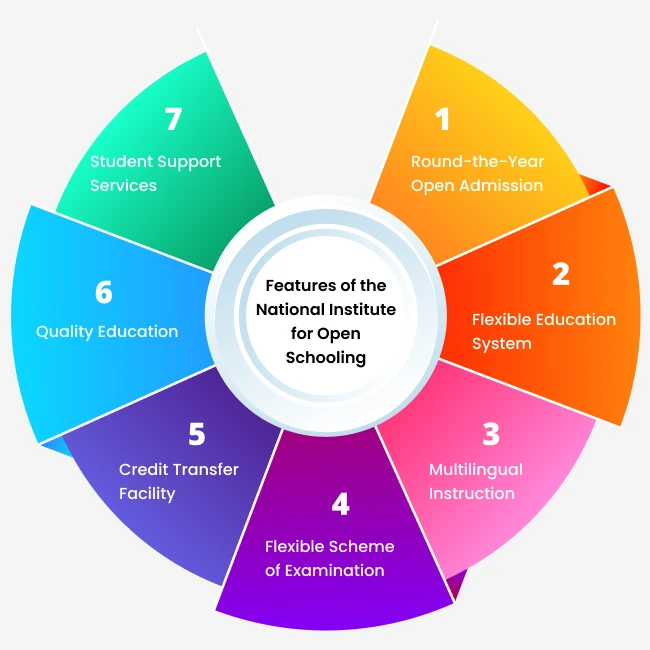
Salient Features of the National Institute for Open Schooling
A regular academic structure might not suit the situations of many people, especially those who are eager to restart their education after a long gap. Furthermore, many people like to pursue their studies and jobs simultaneously; open schooling or distance education is an ideal solution. Hence, take a look at some essential features of NIOS:
1. Round-the-Year Open Admission
The adoption of digitalization has enabled the organisation to facilitate the online admission process, eliminating the manual step-by-step procedures. Moreover, students can seek admission in any of the four following enrollment streams:
Stream 1
Stream 1 is an ideal option for those individuals who seek admission at the secondary and senior secondary levels. Also, the educational organisation conducts NIOS public examinations in two blocks, which are as follows:
| Block of Online Admission | Dates of Online Admission | First Examinations in Which Learners Can Appear |
|---|---|---|
| Block I | March 1–August 31 | April/May of Next Year |
| Block II | September 1–February 28 | October/November of the Next Year |
Stream 2
Students who were not successful in passing their secondary and senior secondary examinations from recognised education boards can opt to enrol in stream 2. NIOS conducts examinations between May and July as well as October and November; students can prepare for the exams and appear for the qualifying examinations accordingly.
Stream 3
Students who have appeared but failed to clear the public examination of secondary level from any recognised board can choose stream 3. It allows them to take the examinations through the ODES (On Demand Examination System) for the secondary level exams only.
Stream 4
Stream 4 of NIOS is eligible for those students who have appeared but failed their senior secondary level examination from a recognised board. It is also suitable for those students who have already passed their senior secondary or higher-level exams and want to enrol in one or up to four subjects.
2. Flexible Education System
NIOS provides a second chance at restarting one’s education journey and ensures an enriching experience through its flexible academic system. For instance, students can select any combination of subjects from the list and complete the admission process online or by going to the nearest study centre.
The institute offers courses through open and distance learning mode (ODL); therefore, students can access learning materials at their convenience.
3. Multilingual Instruction
A crucial goal of the National Institute of Open Schooling is to extend its services far beyond and reach out to students of all socio-cultural backgrounds. Therefore, it utilises multilingual instruction at the secondary level; the primary languages that are in use include:
- Hindi
- Urdu
- Marathi
- Malayalam
- Telugu
- Gujarati
- Odia
- English
NEP 2024: The Updates in NEP 2020 Explained
4. Flexible Scheme of Examination
The traditional education system has high-stakes examinations, mandating students to appear and pass in the first attempt or else they fail. Fortunately, the ODL examinations are far more flexible; ODL conducts the examinations twice a year.
Therefore, students can take the test for one or more subjects, depending on their preparedness. Also, they have five years of valid registration; hence, they can complete their preferred course accordingly.
Likewise, the ODES (On-Demand Examination System) is not dependent on a time frame and allows students to appear for exams at their convenience.
5. Credit Transfer Facility
The credit transfer facility is specifically beneficial for students, as it allows students to transfer the credits for subjects that they have already cleared. However, they can avail the facility for up to four subjects from recognised boards of education such as CBSE, CISCE, UP Board, etc.
Consequently, it reduces the time that one needs to complete their secondary or senior secondary education.
6. Quality Education
Distance mode or open schooling mode of education can become insubstantial without effective measures and adherence to quality standards. Therefore, NIOS focuses on curriculum development and review, ensuring the curriculum meets the national education standards.
On the other hand, the study materials, including textbooks, workbooks, and online resources, are of high quality and in different languages. Furthermore, the learning materials are learner-friendly and informative and available in print as well as digital format.
NIOS implements quality assurance mechanisms, which is a key step in monitoring the quality of the courses and programs and improving them.
7. Student Support Services
NIOS-appointed study centres around the country in different states are devoted to helping students navigate their educational journey smoothly. Trained counsellors are available at these centres and interact with students to resolve their queries and doubts.
Additionally, the institute conducts PCPs (Program Contact Programs), wherein students communicate face-to-face with subject experts or instructors, who provide them with personalised guidance.
Conclusion
The National Institute of Open Schooling (NIOS) offers a chance to reshape one’s own life through quality education courses. Its flexible academic structure, comprehensive curriculum, and dedicated student support system help students achieve their academic goals. Whether the student is a working professional, a homemaker, or someone who had to discontinue their education, NIOS offers an opportunity to upskill and attain knowledge.
Want to enhance students’ thinking abilities but don’t know where to start? Learn More
Mobile: 08448010216
Email: janki.somani@iitms.co.in

